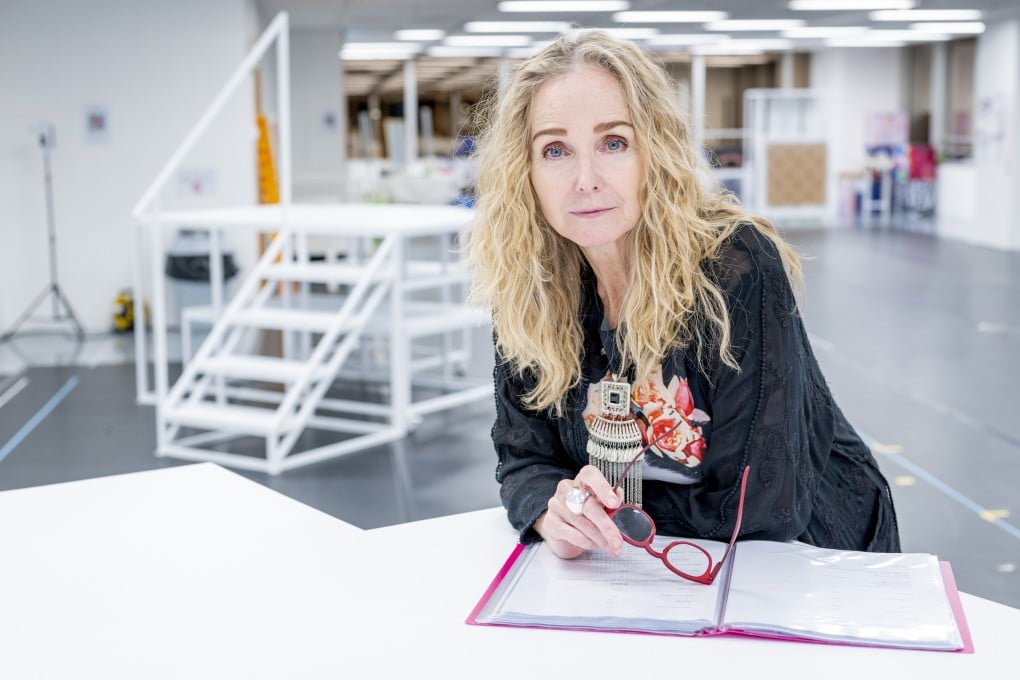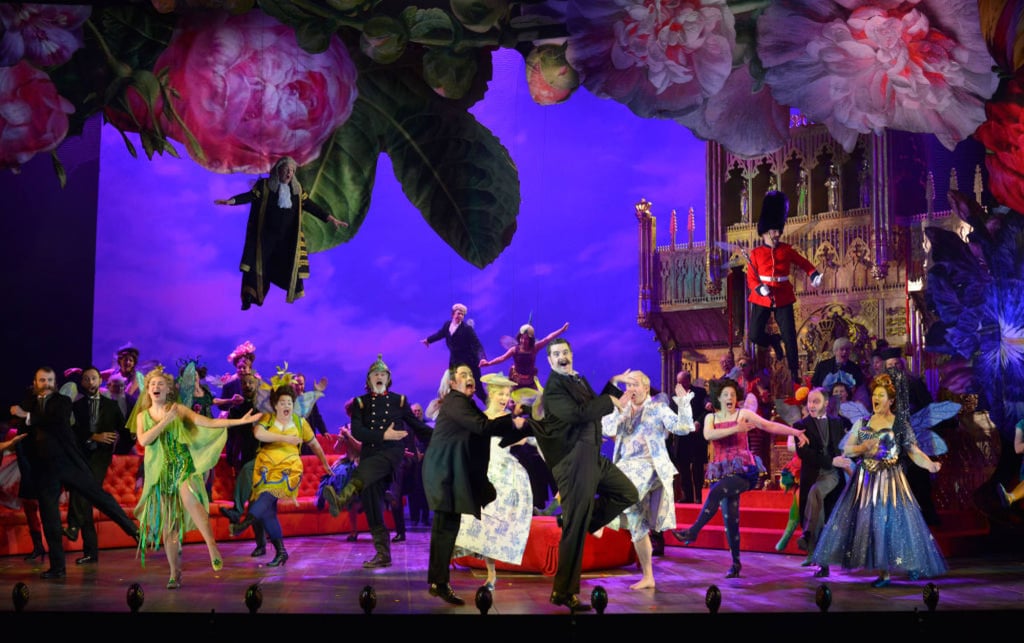How watching Gilbert and Sullivan’s Iolanthe aged 10 convinced founder of Hong Kong Youth Arts Foundation to follow a career in the arts
- When Lindsey McAlister, founder of the Hong Kong Youth Arts Foundation, saw Iolanthe in a school production she was hooked
- Against her parents’ wishes, she got into theatrical arts, and now inspires and mentors children herself

Iolanthe (1882), the seventh collaboration by masters of comic operetta W.S. Gilbert and Arthur Sullivan, uses the story of the eponymous fairy’s banishment from heaven for marrying a mortal to satirise British society. Lindsey McAlister, founder of the Hong Kong Youth Arts Foundation, tells Richard Lord how it changed her life.
Although I’m not a fan of Gilbert and Sullivan, my life totally changed when I went to see Iolanthe around the age of 10. I was born in England but at an early age moved to Scotland. It was a school production at the local high school in Denny, Scotland. I did my primary education there, and right opposite my school was the secondary school, and we were always in awe of the kids who were a bit older.
My mum and dad had seen a poster for Iolanthe, and they took me to see it. They’re not artistic at all; my mum was a civil servant and my dad was a manager in a plastics factory. God knows what drove them to buy the tickets.
It was the first piece of theatre I’d seen apart from pantomime. I was so excited by the whole experience. Oh my God: what’s an operetta? What’s an opera? I can remember vividly walking into the school hall and the orchestra was tuning up; also the stage and lighting, as a 10-year-old, looked quite elaborate to me.

The lights went down, the orchestra settled and the overture began, and about a minute in there was this moment when a triangle note sounded out, and it changed my life forever. It had me. From that moment I knew that I wanted to create theatre. I thought, “I want to be doing this, I want to be on stage, I want to play a musical instrument, I want to write, I want to direct.”